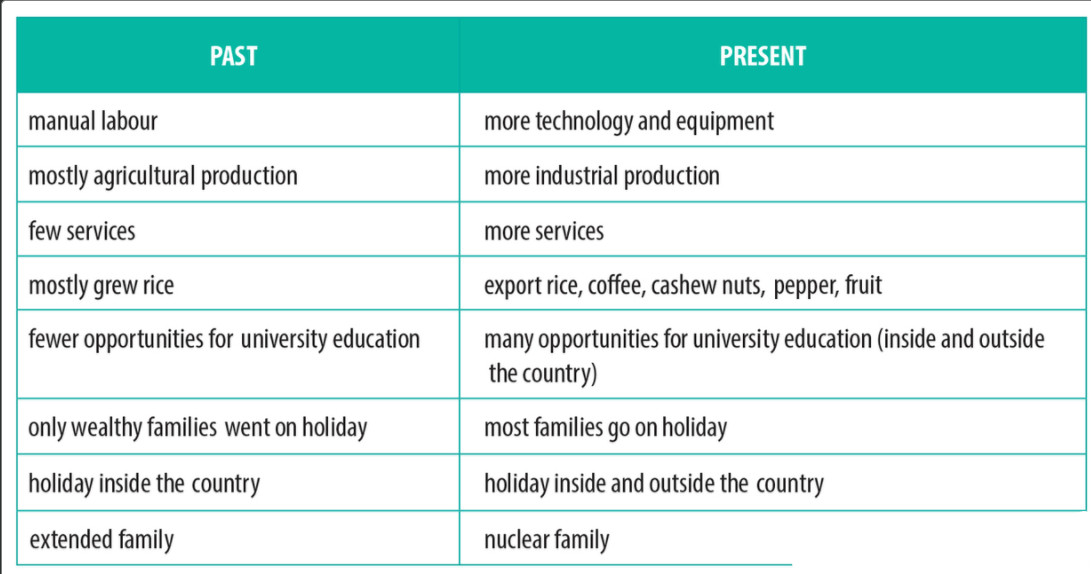Hãy nhập câu hỏi của bạn vào đây, nếu là tài khoản VIP, bạn sẽ được ưu tiên trả lời.

Today, population growth largely means urban population growth. United Nation (UN) (0. PROJECT)_projections___ show the world’s rural population has already stopped growing, but the world can expect to add close to 1.5 billion (1. URBAN)__urbanites__ in the next 15 years, and 3 billion by 2050. How the world meets the challenge of sustainable development will be (2. INTIMACY)_intimately__ tied to this process.
For many people, cities represent a world of new opportunities, including jobs. There is a powerful link between urbanization and economic growth. Around the world, tows and cities are responsible for over 80 per cent of the gross national product. While urban poverty is growing around the world, this is largely because many people – including the poor – are moving to urban areas.
The opportunities there extend beyond just jobs. Cities also offer greater opportunities for (3. SOCIETY)_social___ mobilization and women’s empowerment. Many young people, especially young women, regard the move to cities as an opportunity to escape traditional patriarchy and experience new freedoms. Urban areas also offer greater access to education and health services, including sexual and reproductive health care, further (4. PROMOTE)__promoting__ women’s empowerment and the realization of their reproductive right. This contributes to significantly reduces (5. FERTILE)_fertility__ in urban areas changing the trajectory of overall population growth.
This process, which is particularly (6. PRONUNCIATION)__pronounced__ in Africa and Asia, where much of the world’s population growth is taking place, is also an enormous opportunity for sustainability if the right policies are put in place. Urban living has the potential to use resources more (7. EFFICIENCY)_efficiently__, to create more sustainable land use and to protect the (8. DIVERSE) _biodiversity__ of natural ecosystems.
Still, the face of (9. EQUAL)_inequality__ is increasingly an urban one. Too many urban residents grapple with extreme poverty, (10. EXCLUDE)__exclusion___, vulnerability and marginalization.

1, most delicious
2, busier
3, smallest
4, more modern
5, most expensive
6, bigger
7, best
8, worse
9, noisiest
10, most historic
11, better
12, the most comfortable

1 the salary of a professor is higher than that of a secretary -> the salary of a secretary is .......a secretary is lower than that of a professor......
2 he felt very miserable , so he looked for someone to share his life with -> he looked ...............for someone to share his life with because he felt very miserable..............
3 i didn't realize how late it was and i didn't stop studying till after midnight ->i didn't realize how late it was and i went.........on studying till after midnight............
4 when did you start working on the project ? -> how long ............ have you been working on the project ?..........?

1. " I'll lend you some money, if you " he said to me. (offered)
=> he offered to lend me some money
2. We needed petrol, so we went to a service station. (stopped)
=> we stopped at a service station to buy petrol
3. I am sorry but you have not been appointed to the post. (regret)
=> I regret to tell you that you have not been appointed to the post.
viết lại câu sao cho nghĩa không đổi sử dụng từ trong ngoặc:
1. " I'll lend you some money, if you " he said to me. (offered)
⇒__He offered me that He would lend me some money if I d_____
2. We needed petrol, so we went to a service station. (stopped)
⇒___(câu này hơi kì)___
3. I am sorry but you have not been appointed to the post. (regret)
⇒______I regret to tell that you have not been appointed to the post. ____

2) Viết lại câu:
It's not safe for kids to go Pokemon hunting on the street.
-> Going Pokemon hunting on the street is not safe for kids

